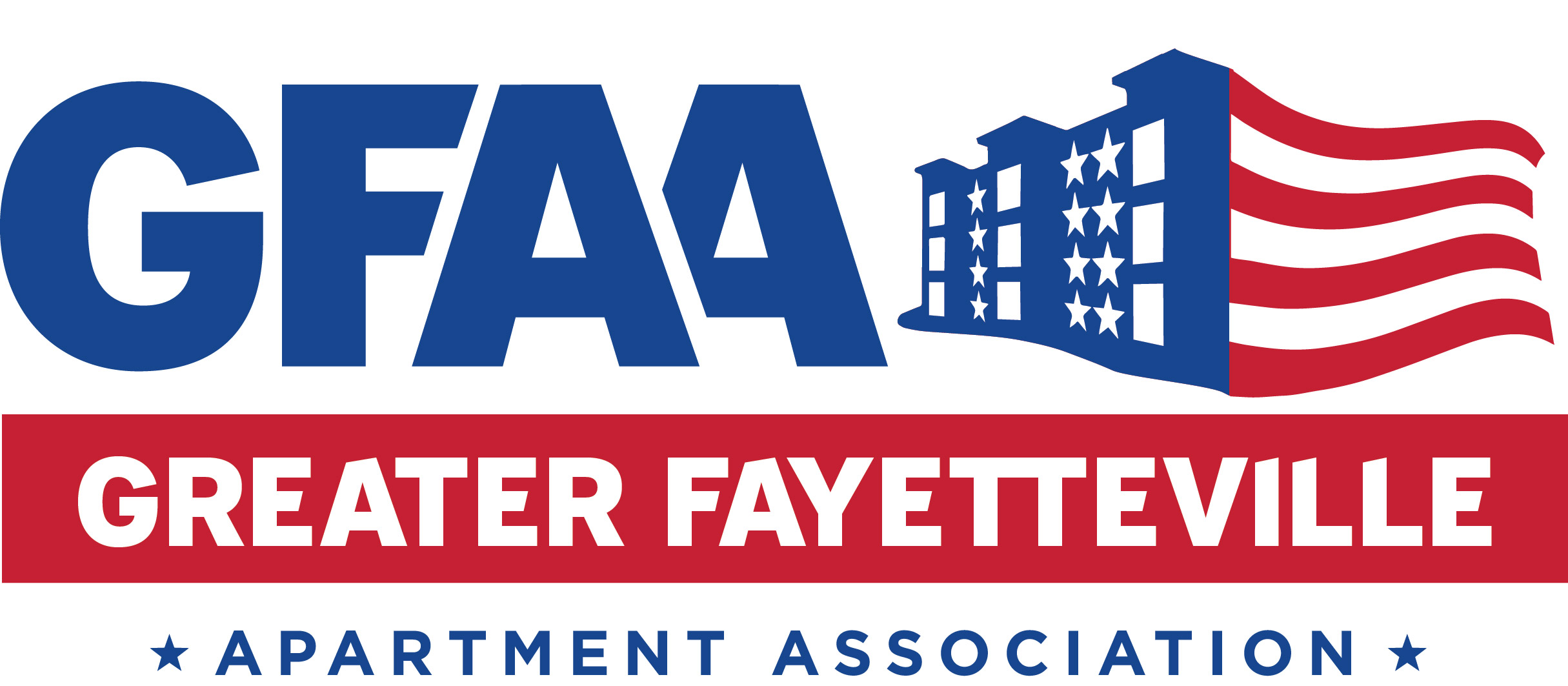
As the housing market in the Fayetteville Metropolitan Area continues to experience a cool down following COVID-19 supply delays and finally seeing a slowdown in demand after two years, increased interest in affordable rental properties, housing vouchers and the demand for affordable rental communities have been in discussion in City Council meetings throughout 2022. To look a little further into that demand, the Greater Fayetteville Business Journal spoke with the Greater Fayetteville Apartment Association to examine the state of the Fayetteville rental market. Established in 2016, the Association serves six counties including Cumberland, Hoke, Moore and Robeson.
GFAA President Heather Gonzalez offered her insight in the rental business in our area.
What does the Fayetteville rental market look like? Are we high on supply, low on demand, etc.?
A high majority of apartment communities in the Fayetteville market are full or operating off a waitlist. Demand for rental homes has been constantly increasing the last number of years. As the population has grown in the region, the supply for new housing has not kept up. Additionally, more Fort Bragg soldiers are living in communities off base. Fayetteville’s residential rent rate has been right around the national average. The current US average residential rent rate is around $1,350. In the Greater Fayetteville market, a one bedroom is around $1,070 and $1,260 for a two bedroom [unit].
What are some of the factors that affect the number and pricing of rental properties in the area?
A recent study commissioned in part by the National Apartment Association found that delayed marriages, an aging population, and international immigration are increasing the pressing need for new apartments.
Generally speaking, breaking down $1 of rent is as follows:
What trends, if any, are property owners seeing in the demand for rentals in this area?
As the cost of housing increases in the surrounding cities and work at home becomes more prevalent, it is not uncommon to see residents moving from the Triangle and Raleigh area. The median cost for a two-bedroom apartment home is $1,480 in Raleigh, $1,590 in Garner, and $1,390 in Wilmington.
How do property owners try to meet demands with limited available housing?
There are a good number of new construction projects in the pipeline for 2023. We are also seeing existing communities expanding by building more buildings and housing units.
What are some factors that could lead to an increase in rent on a property?
Property revaluations and property tax increases are one of the significant factors for increasing rents. In addition, rents have been greatly impacted by general inflation and increases in cost of living and doing business.
What are some factors that could lead to property owners decreasing the rent in their properties?
The Fayetteville housing market is closely tied to Fort Bragg and our local military residents. Historically the housing market has adjusted dramatically with the increase and decrease of military residents at Fort Bragg.

The new program will be sharing space with students from the surgical technology and central sterile processing programs(pictured) following renovations and expansions to the space. Photo provided by FTCC.Fayetteville Technical Community College (FTC

Dr. Stuart Shelton has dedicated more than 20 years to providing exceptional high-risk obstetric care, through Cape Fear Valley Health. Photo provided by Dr. Shelton.Dr. Stuart Shelton, a renowned maternal-fetal medicine specialist at Cape Fear Valle

©NOMICASTUDIO, ©PLAYFULSTUDIO AND ©IMAGES-DE-HSR VIA CANVA.COMIt has been a recent topic of discussion in the Greater Fayetteville Business Journal office as to when it is appropriate to begin putting up Christmas decorations. One of my coworkers sha